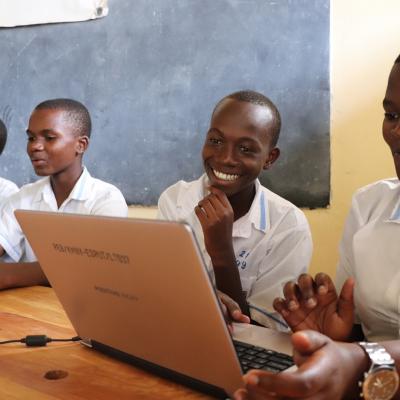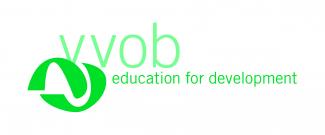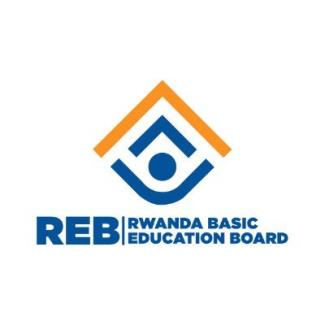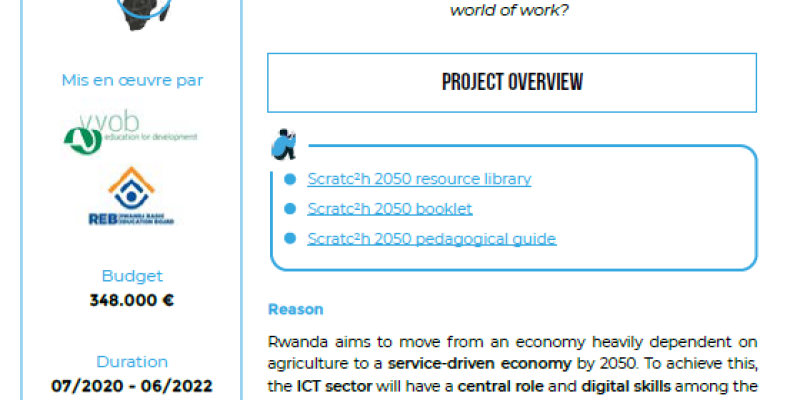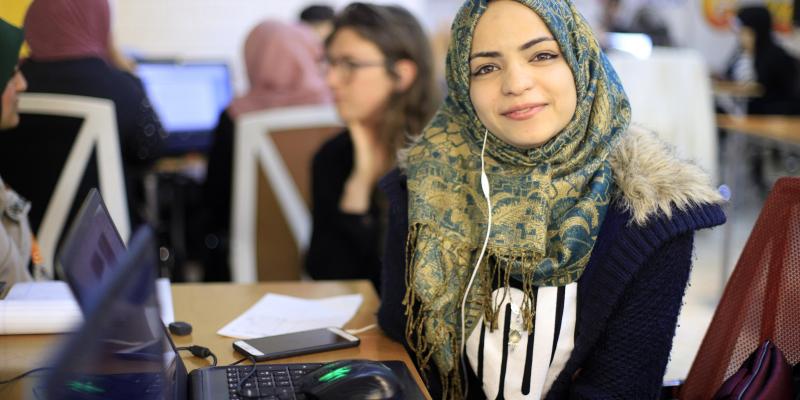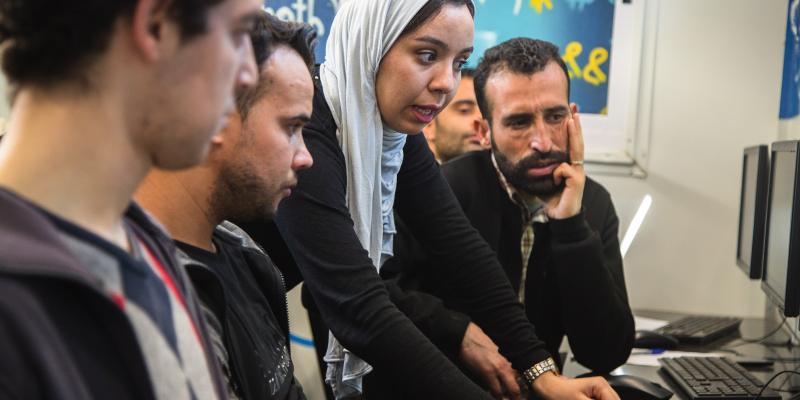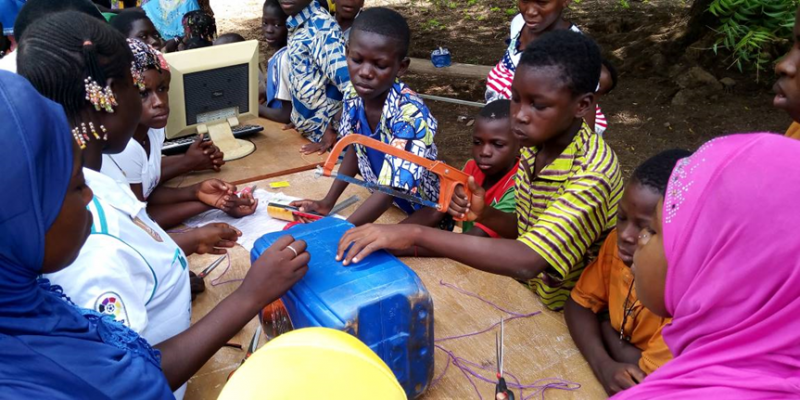Rwanda aims to transition to a service-driven economy by 2050, with the ICT sector playing a central role. However, challenges persist in improving education quality and equity. Although more girls enroll in secondary education than boys, many do not choose ICT or STEM subjects due to gender stereotypes. Rwanda introduced a competence-based curriculum in 2016, emphasizing ICT and 21st-century skills like problem-solving. Scratch was integrated into primary and secondary school curricula, with plans to further promote coding skills. Despite these efforts, many teachers lack the necessary competencies and support to effectively teach coding using Scratch.
The Scratc²h 2050 project intended to specifically equip ICT and STEM teachers from all secondary
schools in Kayonza district with the competences needed to initiate and facilitate after-school
Scratch coding clubs for secondary school learners, and to integrate Scratch into ICT and STEM
lesson plans.
The logic of the project was the following: learners’ digital journey starts in the classroom as
teachers integrate Scratch in STEM and ICT courses, triggering learners’ interest. As a next step,
coding clubs provide learners with the opportunity to truly develop digital skills, combining fun
with learning through the programming language. With Scratch, learners gain digital fluency
and become part of a vibrant online community.
- 164 teachers were trained. Among them, 91% reported having achieved, at the very least, a minimum level of proficiency in digital literacy skills.
- 274 coding clubs were established in secondary schools.
- The coding clubs successfully reached a total of 3,724 learners. 50 to 55% were girls.
- 10 STEM subject lesson plans, 5 coding session plans, 27 instructional videos and 2 unplugged coding videos were (and are) made available via the VVOB Scratch Resources library and REB’s E-learning platform.
